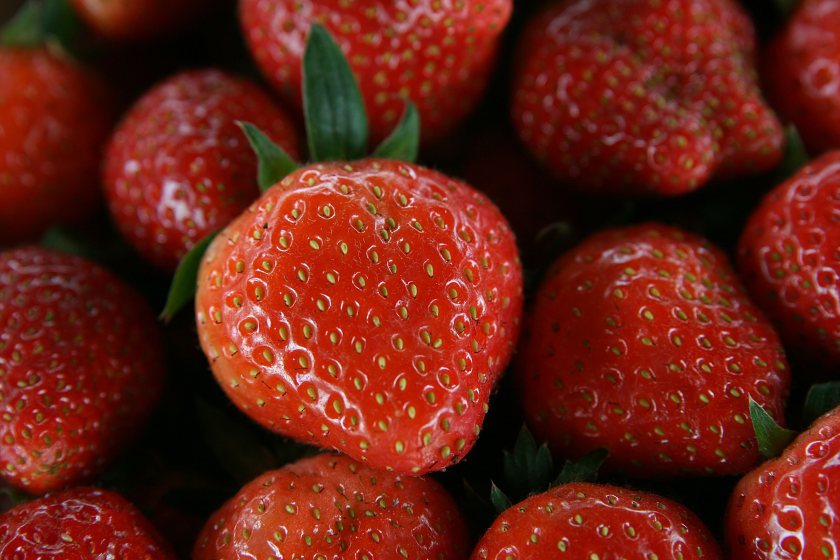One in three British berry growers may quit as pressures mount

More than a third of Britain’s berry growers are considering scaling back or quitting production altogether, as a new industry audit reveals the sector is under mounting pressure despite strong 2025 sales.
A 2025 grower audit by British Berry Growers (BBG) — representing around 95% of UK producers — paints a picture of an industry caught between confidence and concern.
While some growers are reinvesting and seeing opportunities for growth, others warn that spiralling costs, labour shortages and retailer pressures are threatening their future.
The research, conducted in August as part of BBG’s ongoing benchmarking programme, follows similar studies in 2023 and 2024. It shows signs of cautious optimism among some growers, but also deep financial and structural challenges that could reshape the sector in the years ahead.
The report reveals that 34% of British berry growers are considering scaling back or leaving the sector entirely, citing poor profitability and financial stress.
Only 48% said they are currently making a profit, falling to 39% who expect to do so next year, while 43% rated their business’s financial health as “bad” or “extremely bad.”
Relations with supermarkets remain a major flashpoint. Six in ten growers (61%) agreed that retailers “buy only on price, it’s not a partnership” — up sharply from 40% last year — while almost a third (32%) described the relationship as the “worst it’s been in the last ten years.”
However, there are signs of improvement: 10% now describe their relationship with retailers as a “true partnership”, and 15% say it’s the “best it’s been” — a positive shift from 2023 when no growers selected those options.
Confidence levels have also lifted modestly. The share of growers feeling positive about the future has risen from 8% in 2023 to 22%, while those feeling less confident has dropped from 68% to 42%.
Investment intentions mirror that change, with nearly four in ten (39%) growers now planning to increase spending, up from just 4% two years ago.
BBG chairman Nick Marston said the results show an industry “under pressure but also showing resilience.” “While a significant number of growers are scaling back or leaving, others are looking to invest and adapt, pointing to a split between businesses retrenching and those trying to push forward,” he said.
He added that 2025 had seen “hugely strong sales” across strawberries, raspberries, blueberries, and blackberries, driven by health-conscious consumers and favourable growing conditions.
However, Marston warned that challenges remain. “The bad news is that labour and production costs remain high, there is still a significant audit burden, and we still have a planning system which doesn’t help growers,” he said.
Marston said many smaller producers are struggling to cope with “the cold reality of the burdens of production,” despite working tirelessly to improve efficiency and quality.
He urged supermarkets to continue moving towards fairer pricing, calling it “fundamental to the maintenance of a thriving British berry market.”
He also said the new leadership at Defra could play a crucial role in supporting the industry by reforming planning laws, reducing the audit burden, and replacing the Fruit and Vegetable Scheme.
“Berries are a force for good in this country – we grow some of the best in the world and they are literally packed with health benefits as well as being deliciously, naturally sweet,” he said.
“We should all be motivated to strengthen the industry and to pay attention to these results as we see them each year.”








